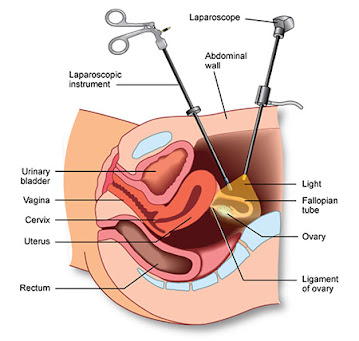Laparoscopic gynaecology | Shilpy Hospital
Laparoscopic gynaecology | Shilpy Hospital
Open surgery is an alternative to gynaecological laparoscopy. It examines your pelvic region with a laparoscope. Often, a large incision is necessary for open surgery.
A thin, illuminated telescope called a laparoscope. Your doctor can view into your body thanks to it. You can find out if you have diseases like endometriosis or fibroids with a diagnostic laparoscopy. It may also serve as a sort of therapy. Your doctor can perform a range of procedures using little tools. Among these include hysterectomy, tubal ligation, a surgical method of contraception, and the treatment of ovarian cysts.
Gynecologic laparoscopy causes
The use of laparoscopy can be for both diagnosis and treatment. Sometimes a diagnostic process results in treatment.
These are a few causes for diagnostic laparoscopy:
- Discrete pelvic pain
- Unaccounted-for infertility
- Pelvic infection history
Laparoscopy may be used to diagnose the following conditions:
- Uterine fibroids and endometriosis
- Ovarian tumours or cysts
- Pelvic adhesions, ectopic pregnancy pelvic abscess, or painful scar tissue
- Infertility
- Inflammation of the pelvis
- Malignancies of the womb
Many laparoscopic procedures include:
- Hysterectomy, or uterus removal
- Ovaries are removed
- Cysts in the ovaries removed
- Removing the fibroids' blood supply blockage




Comments
Post a Comment